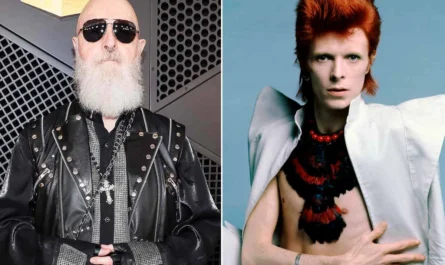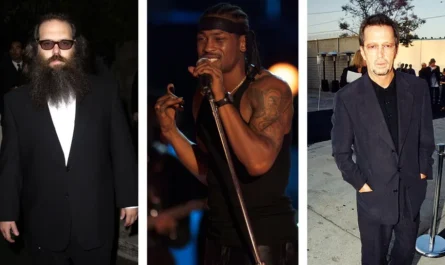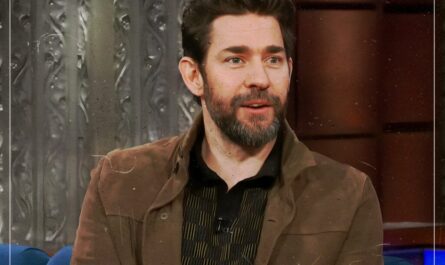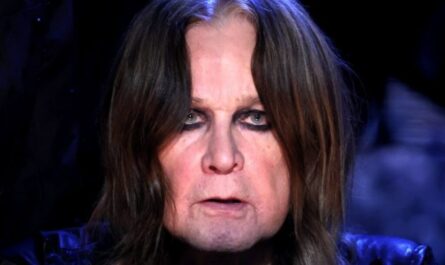Can you remember the uproar when Jay Z was announced to headline Glastonbury?
The very idea that a hip-hop artist could take the stage of what many considered hallowed rock turf felt inherently offensive to all fans, with one well stuck in the past. His 2008 show however, came at the midst of what many secular fans would have described a brilliant time for alternative music. Indie sleaze was well and truly underway, and so a rapper robbing them of the privilege seemed to provoke.
But if you look at the list of potential acts for that year, who really could have topped him? Arctic Monkeys were the rulers of the roost, but they had headlined a year earlier, while future headliner Florence and the Machine were still pretty much in career infancy. Perhaps the only other suitor was Amy Winehouse, but she delivered a triumphant set just before the New York rapper that fed the appetite of those so-called protectors of the authentic.
His performance was a defiant response and did away with claims that the festival should exclusively play host to just one genre. Because here is an artist, who does in fact, extend beyond genre. He’s an artist whose ability to pen lyrics is not just the envy of rappers in his orbit, but musicians much further outside.
One of which was Jack White. Leader of The White Stripes, he, too, could have been a fitting candidate for the role of headliner, and by doing so, he would have fed the appetite of rock fans all over the world. But getting the role of headliner wasn’t the only source of envy that may have come between the two. No, it was what hip-hop as a genre afforded Jay that really got under the skin of White.
“I’m jealous of things that Jay-Z can say that I can’t say,” White says. “I’ve played with that in the song ‘Weep Themselves To Sleep’, with the line, ‘No one can blow the shows or throw the bones that break your nose like I can.’ That became a new challenge to me when I was writing this record: Jay-Z can go on record and say what a great rapper he is. If I go on record and say what a great guitar player I am… come on!”
A somewhat valid point White makes, but it does have its flaws. Yes, it’s no secret that hip-hop has traditionally taken the form of self-aggrandising in its narrative form. But surely White must have realised that by 2012, the year in which he made this statement, Jay’s discography had delved into something more nuanced.
Behind the bravado exist tales that utilise the word count his genre allows. Love, corruption, and betrayal all commonly feature in the lyrics of Jay Z at that point and had done so with groundbreaking style and flow. He wasn’t doing stuff others couldn’t because hip-hop as a genre allowed it, he was doing it because he was a truly unique artist. Something White could surely understand.





